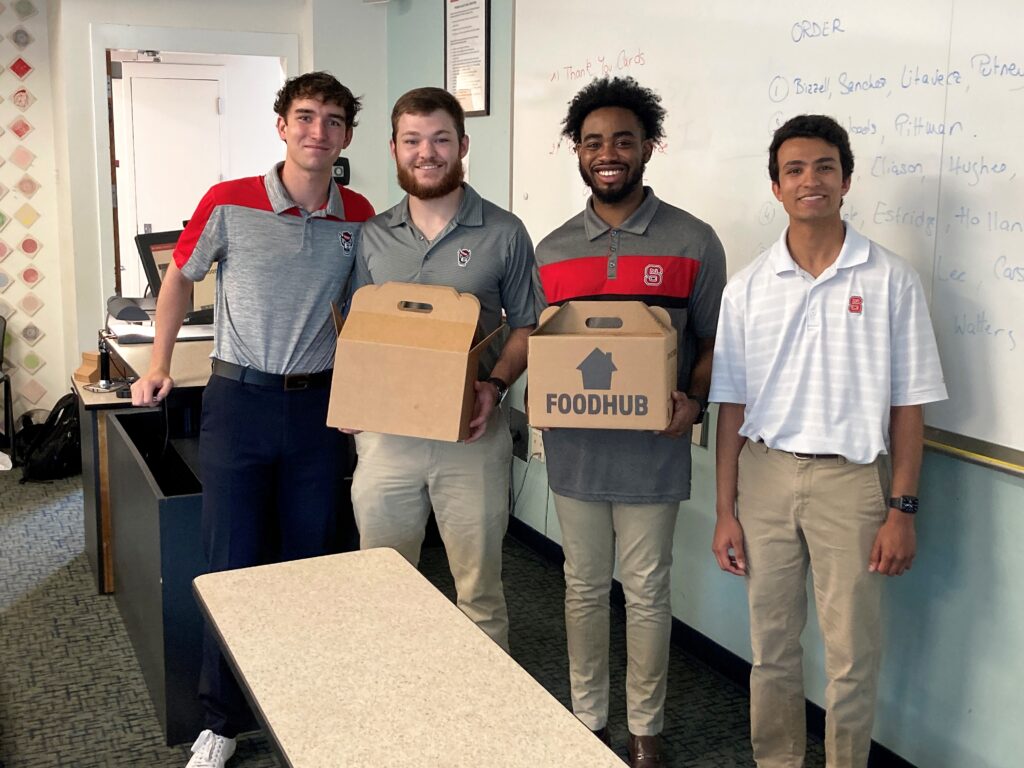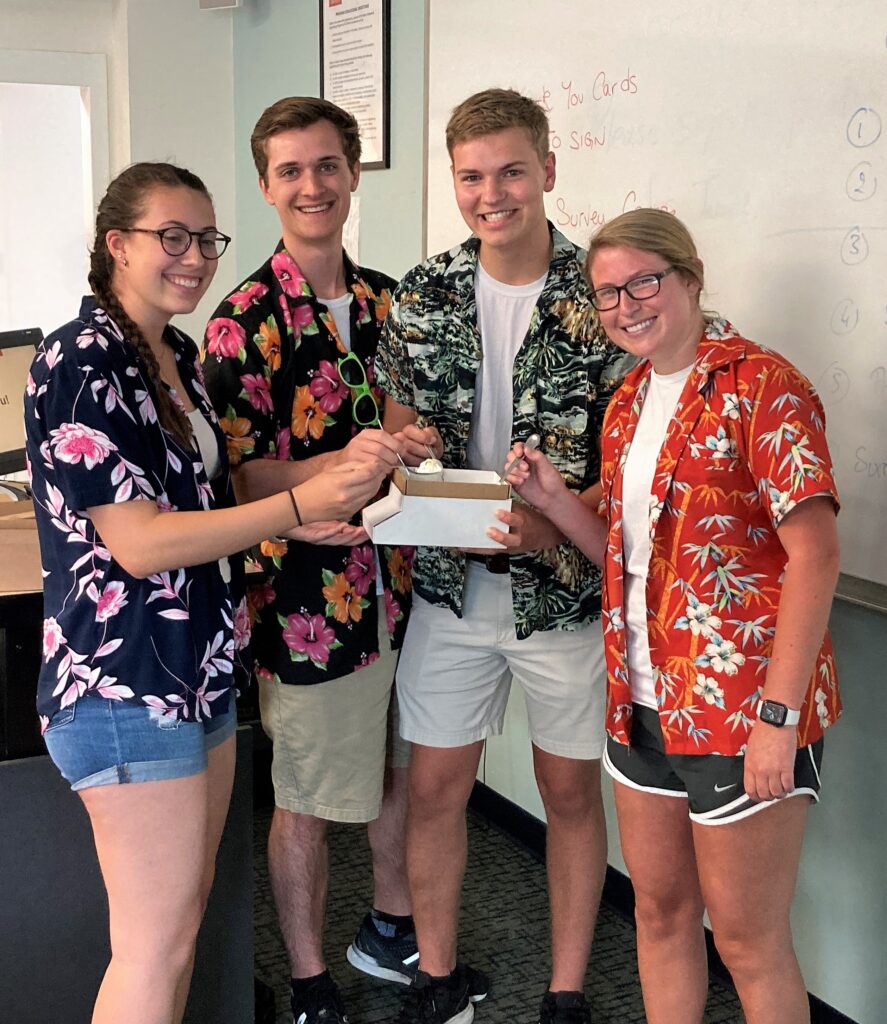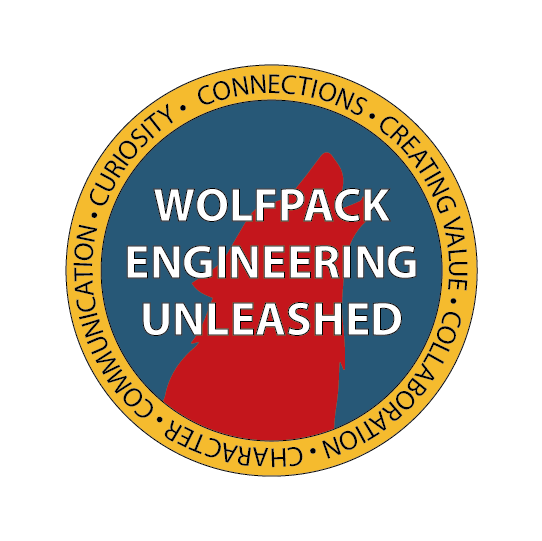
Courses & Workshops
PSE 370 Pulp and Paper Products and Markets
— This course received the 2022 Quanser Global Sustainability Award.
Offered in Spring, 3 credits
Junior/Senior Undergraduate Level
PSE 370 is a new course in the Paper Science and Engineering program, designed to increase
students’ understanding of major growth sectors in the pulp and paper industry. This understanding
will make the students more aware of the moving parts within the global industry, and help them to
make decisions about which companies to select for their final internships and co-ops, as well as for
the first entry-level position.
The course includes two lectures (Mondays/Wednesdays) and one problem-based learning session (Fridays).
Modules covered during the lectures:
- Corrugated and folding packaging
- Tissue and towel products
- Specialty papers
Learning Outcomes:
- Understand how raw material attributes and processing may impact the end-use properties of a target product (structure-properties-processing relationships).
- Define, recognize, and explain the processing steps involved in paper and paperboard converting; and more especially involved in packaging and tissue engineering.
- Show ability to conduct, sort out, and assimilate information from your online search and information shared in-class by the instructors and the guest speakers.
- Show effective teamwork, time, and project management.
- Communicate and explain effectively, both verbally and in writing, course-related definitions and concepts, problem-solving strategies, and project outcomes.
- Discuss potential project outcomes and results using well-reasoned arguments based on your knowledge and understanding in the field.
Course in partnership with DS Smith, North America. a leader in the corrugated packaging industry.


PSE 355 Pulp and Paper Unit Processes I
Offered in Fall, 3 credits
Junior Undergraduate Level
PSE 355 is designed for students to learn unit operations in the chemical engineering field.
Many examples from pulp and paper industry will be covered.
Learning Outcomes:
- Describe relevance in connecting, extending, and applying basic knowledge of chemical engineering obtained in CHE 205 to unit operations pertinent to the pulp & paper industry.
- Construct reasoning of the problem(s) and respective solution(s) with clarity, accuracy, and precision.
- Identify complexities and needs of Pulp & Paper Engineering systems.
- Develop, discuss, and apply different problem-solving strategies.
- Solve pulp & paper engineering problems, including mass and energy balances, hydrostatic problems, pump needs for fluid transport applications, heat conduction phenomena and heat exchangers for given heat transfer applications.
- Describe your step-by-step problem-solving approach(es) by constructing simple differential equations and defend your rationale to effectively support your solution(s) with respect to the constraints of the problem.
The Wolfpack Engineering Unleashed Incubator
A Faculty Professional Development Opportunity

A partnership with the College of Engineering at NC State and the Kern Family Foundation to train engineering faculty at NCSU to inject active learning and project-based learning into the curriculum.
This 2-day incubator will be offered every year, in May-June.
For more information, please check our official webpage:
https://www.engr.ncsu.edu/wolfpack-engineering-unleashed/#upcoming-events
Unraveling the value tensions of sustainability – An Engineering Unleashed Faculty Development Workshop

Get an entrepreneurial mindset-infused framework for design thinking that teaches students how to manage value tensions and prioritize sustainability!
How can instructors incorporate sustainability into our classrooms to allow students to manage the value tensions inherent in sustainability considerations, making them attractive to the job market?
Unraveling the Value Tensions of Sustainability with EML (UVT) will provide you with a new framework for design thinking that infuses both sustainability and entrepreneurially minded learning (EML), helping you to teach students how to balance tensions in value creation to prioritize sustainability.
Who Should Attend: Faculty and instructors who desire to infuse, discuss and create value with regard to sustainability in their undergraduate and graduate level course(s), curriculum and/or research using EML.
This workshop was offered on June 3-6, 2024, in Minneapolis, MN.
Stay tune for next years’ opportunity!
Workshop sponsored by KEEN and Engineering Unleashed!